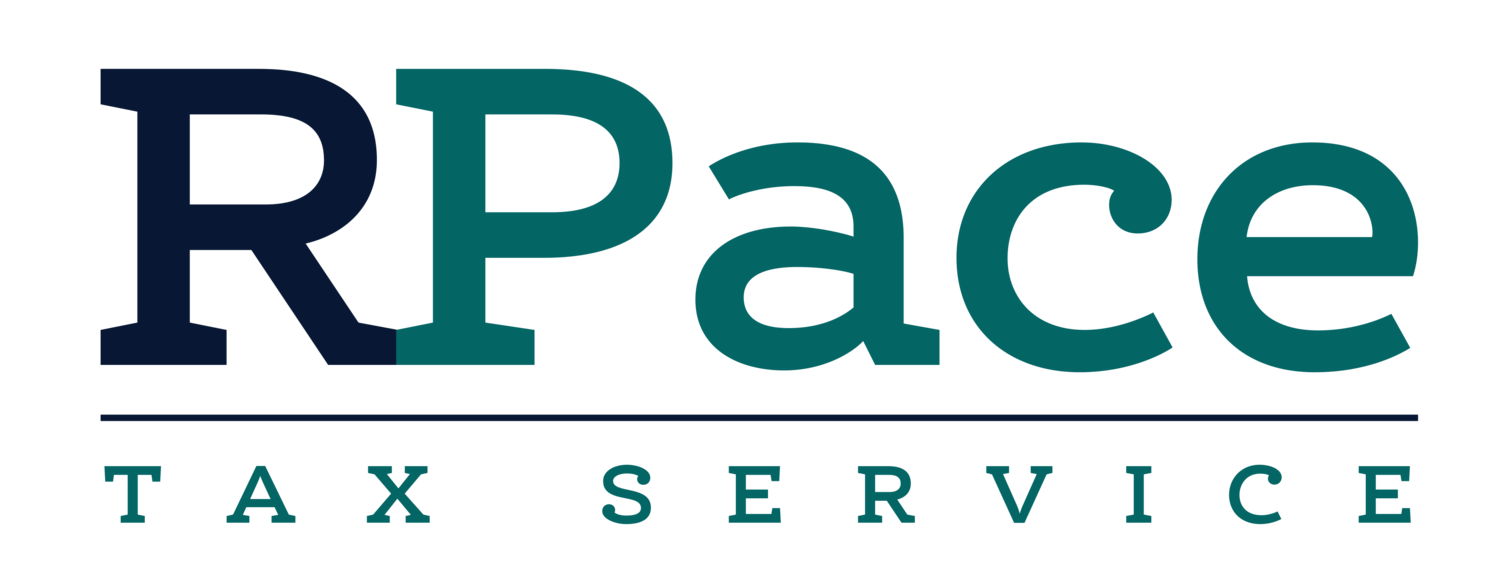Ohio Business Owners, are you taking advantage of the Ohio Business Income Deduction? This deduction has been available since 2013, but we find that many business owners still aren’t aware of it, or don’t take their full deduction. (March, 2017)
Winning Big with Fantasy Sports?
Fantasy sports. Is it a hobby, gambling, or a business? It depends. Keep good records of the time and money invested. The tax treatment differs, depending on the game and your method of play. Ask your tax preparer to advise you. (March, 2017)
Health Savings Accounts: Possibly your best tax shelter
Health Savings Accounts are probably your best tax savings strategies. If you have qualifying, HDHP health insurance, you can deduct your contribution, of up to $3,350 (family coverage, $6,750). Many people over 55 can contribute an additional $1,000. Distributions from your HSA, used to pay medical expenses incurred after the account is opened, are tax-free. Distributions for non-medical purposes are taxable income and subject to a penalty. After age 65, distributions continue to be tax-free for medical expenses, but there is no penalty if you use the fund for another purpose. (March, 2017)
Charitable deductions? Follow the rules.
You don’t get a free ride with charitable contributions. In order to take a tax deduction for any gift you must have something in writing from the organization showing the date and amount of the contribution. For text message donations, a telephone bill generally meets the requirement. For gifts over $250, you also must have a statement from the organization stating whether the organization provided any goods or services in exchange for the gift. There are additional requirements for non-cash contributions with a total value of more than $500. Regardless of the amount of the donation, you must have the written acknowledgement before your file our tax return. (February, 2017)
Tax Return Due Dates Have Changed
Business Owners Alert! Tax return due dates have changed. Calendar-year Partnership and S-Corporation returns are now due March 15. The idea is to encourage businesses to report their pass-through income with time to allow the individual investor to file their own personal return on time. I predict that most of these returns will go on extension, so the individual investor may still be left in the dark when it’s time to pay their tax bill. (February, 2017)
Tax Credits Need Additional Documentation
If you want to claim the Child Tax Credit or the American Opportunity Credit (a tuition tax credit), you’ll need to provide additional documentation to your tax preparer. A form confirming your eligibility for these credits must be attached to the tax return. (February, 2017)
Have your driver's license handy, if you're expecting a tax refund
Expect something new, when preparing your tax return this year. Ohio and many other states are requiring you to provide your driver’s license number. This is intended to cut down on identity theft and refund fraud. You can file a return without the driver’s license number, but the refund is likely to be delayed. (January, 2017)
FAFSA: Instructions for tax information have changed
The Free Application for Federal Student Aid instructions have changed. In the past, we had to rush tax preparation to meet the FAFSA deadline of February 15. Beginning with applications for the 2017-18 FAFSA, the tax and income information will be drawn from the prior year’s tax return. This means an application filed this month is based on the 2015 income tax return. (January, 2017)
Hoping for a Fast Tax Refund?
If you are filing a tax return claiming the Additional Child Tax Credit, or the Earned Income Credit your refund may be delayed. These returns will not be processed until February 15, but don’t expect the refund to reach your bank account until the week of February 27. (January, 2017)
Standard Mileage Rates for 2017
The standard mileage rate for business travel in 2017 has gone down to 53.5 cents per mile. (January , 2017)
Employers Can Reimburse Insurance Premiums
Small Business Employers can once again reimburse employees for health insurance premiums paid on their individual and family health insurance policies. Sounds like a great idea, but be careful. The employee can lose their premium subsidy, in some circumstances. The Obamacare subsidy may be a much better benefit than a simple reimbursement. January 2017
